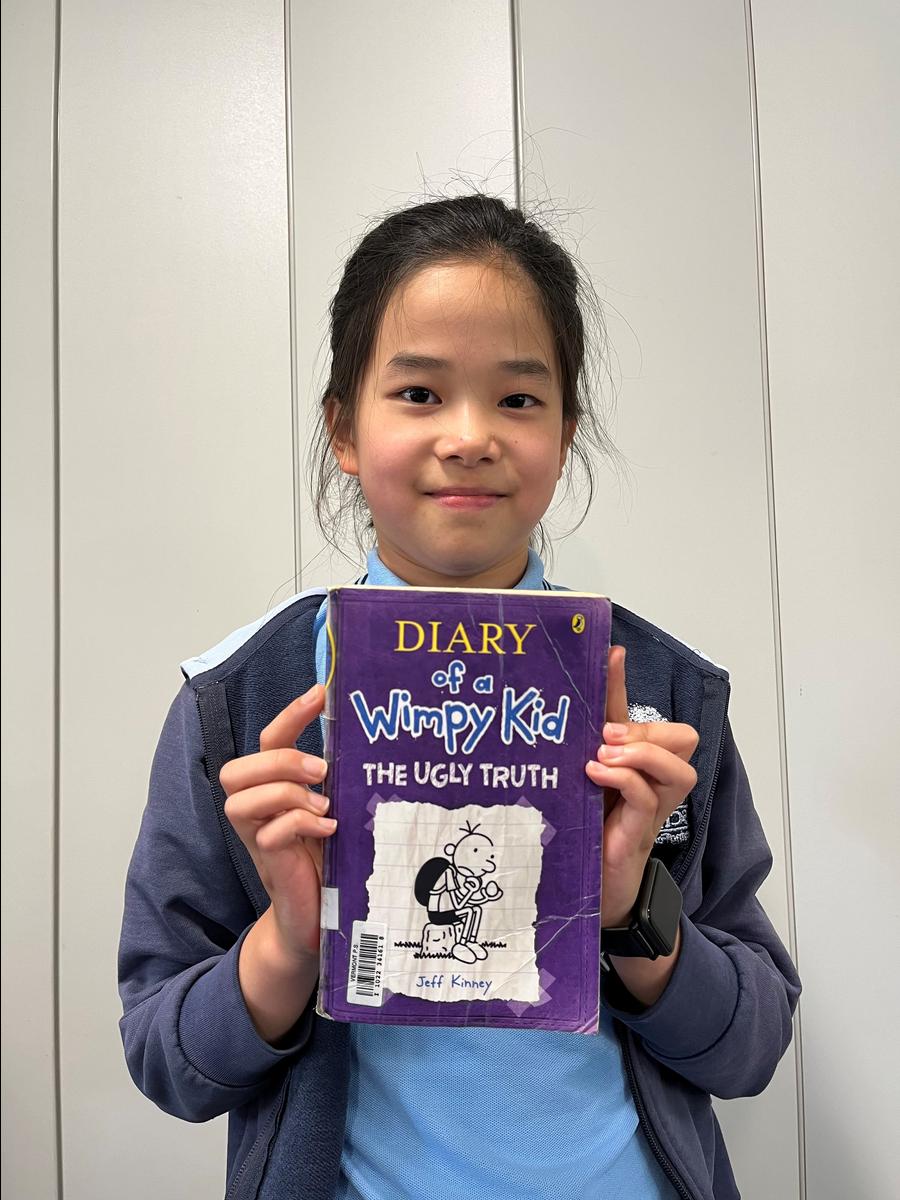Literacy

Parents and Literacy Nights
Last night (Thursday) we held our annual Parents and Literacy Night on Reading. It was great to see so many parents there; the Staffroom was certainly full! There were many interesting topics covered including:
- The science behind how children learn to read
- The 6 Building Blocks schools use to teach reading
- How we teach reading at Vermont Primary School and Kindergarten
- Tips for how to support your children in the classroom and at home
- What you can do if you are reading with students in the classroom
A big thank you to John Hoskin, Noelene Iacovangelo, Bec Mealings, Sarah Battle, Di Fuller and Jacci Strachan who all presented on the night.
On Thursday, 9th March, we will be presenting our Parents and Literacy Night on Writing. If you missed the first night but would like to come along to the Writing session, please send an email to John.Hoskin@education.vic.gov.au and information regarding the night will be sent to you.
Help! My kid won't read chapter books. What do I do?
This is a common thought for parents and one that is tackled in an interesting article in the Conversation. The following excerpts are taken and reworded from the article.
Chapter books are an important step in learning to read. They introduce increasingly complex storylines, themes, characters and settings.
They expand children’s vocabulary (which is essential for developing reading comprehension).
Importantly, when texts have no pictures, children must rely on decoding (recognising sound-letter relationships) to make sense of the words.
This helps with developing reading fluency (reading accurately with expression at a pace that allows for comprehension), and developing reading stamina (maintaining comprehension over longer passages of text).
But the transition to chapter books can be daunting for children. It’s a big leap from picture books, where so much meaning is carried in the illustrations, to books where readers rely solely on the print to make sense of the text.
Your child may not be ready to read entire chapter books independently. They may still not have developed what researchers call “automaticity” in their decoding skills (reading words without having to sound them out).
Automaticity frees up mental space for paying attention to meaning. In other words, if you have to stop and sound words out all the time, it’s hard to follow the plot and can take the fun out of reading.
Here are some ways you can help your child develop the skills they need to read and enjoy chapter books.
- Choose books that support the transition. There are picture books for older children and don't be afraid of graphic novels.
- Share the reading, make it fun and keep the conversation going. Share the reading; you read a page or a paragraph, and they read a page or a paragraph, or even just a sentence or two.
- Respect their interests and keep it positive. Let your child explore the books they’re interested in. Remember, reading for pleasure is associated with overall reading attainment and writing ability.
- Check your own anxiety levels and accept it takes time. Accept that learning to read is a marathon, not a sprint. It’s big work for a young person.
If you found this interesting and want to read the full article, the link is below...
https://theconversation.com/help-my-kid-wont-read-chapter-books-what-do-i-do-195092
Fortnightly Segments
Comprehension Question
A common question during Parent Teacher Interviews, is ‘How can I help improve my child’s comprehension?’ Each fortnight we will include a couple of simple questions that you could ask your child that may help improve their comprehension or open up a conversation about the book they are reading.
This fortnight’s questions are:
Describe the theme or themes of your story (example: survival, friendship, fear).
What is the climax (turning point or the high point of interest) of the story?
What is the resolution of your story? How is the problem solved?
Writing Challenge
If your child enjoys their writing and is keen to write for enjoyment at home, below is a prompt that you could ask your child to write about.
Your pet is in charge of you for a day. What will they make you do?
Book of the Fortnight
This book report is written by Sophia from 4SD
The Ugly Truth
By Jess Kinney
As I draw the front cover open, I am always hooked on what's happening in the story. From start to finish the ideas never get old no matter how many times it's read. The events are relatable and always make me laugh.
In the book, the main character, Greg, has been dumped by his friend Rowley and is left to get through middle school alone. But what makes life even harder for him is when his mum starts going to college (university) and isn't there to help Greg with his schoolwork. Every step of the way, stubborn problems crop up for poor Greg.
His dad isn't helping matters and only creates more. And when his grandpa comes over to watch him and treats him like a little kid, this makes him want to grow up quicker.
Only Jeff Kinny could create such amusing and real-life-like characters, pulling his readers into the chaotic world of Diary of a Wimpy Kid. The fact that he writes it like a real diary but also speaks directly to the reader while managing it for fourteen other books in the series is incredible. Not to mention his great illustrations with the sausage-nosed people.
This story has surprising scenes, some harsh and some funny, but below it all, there is a nice message: it's good to be young (but perhaps not always for Greg).

